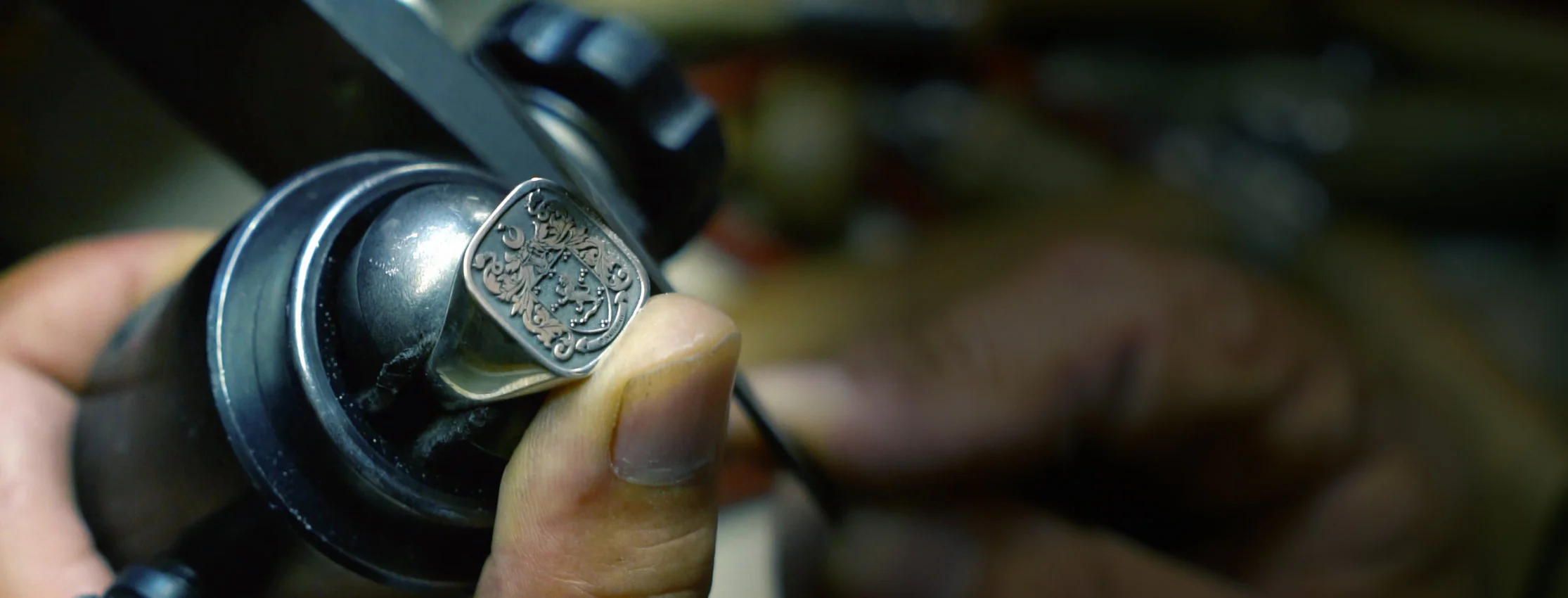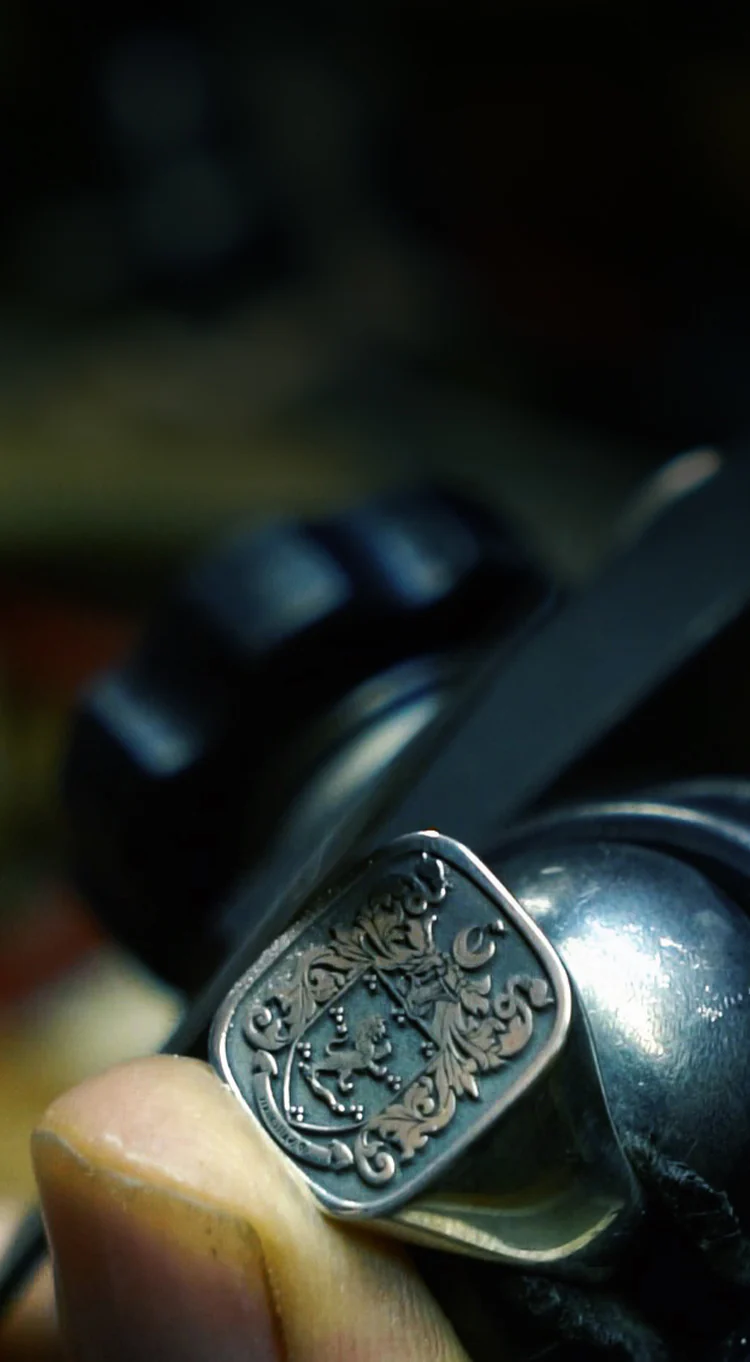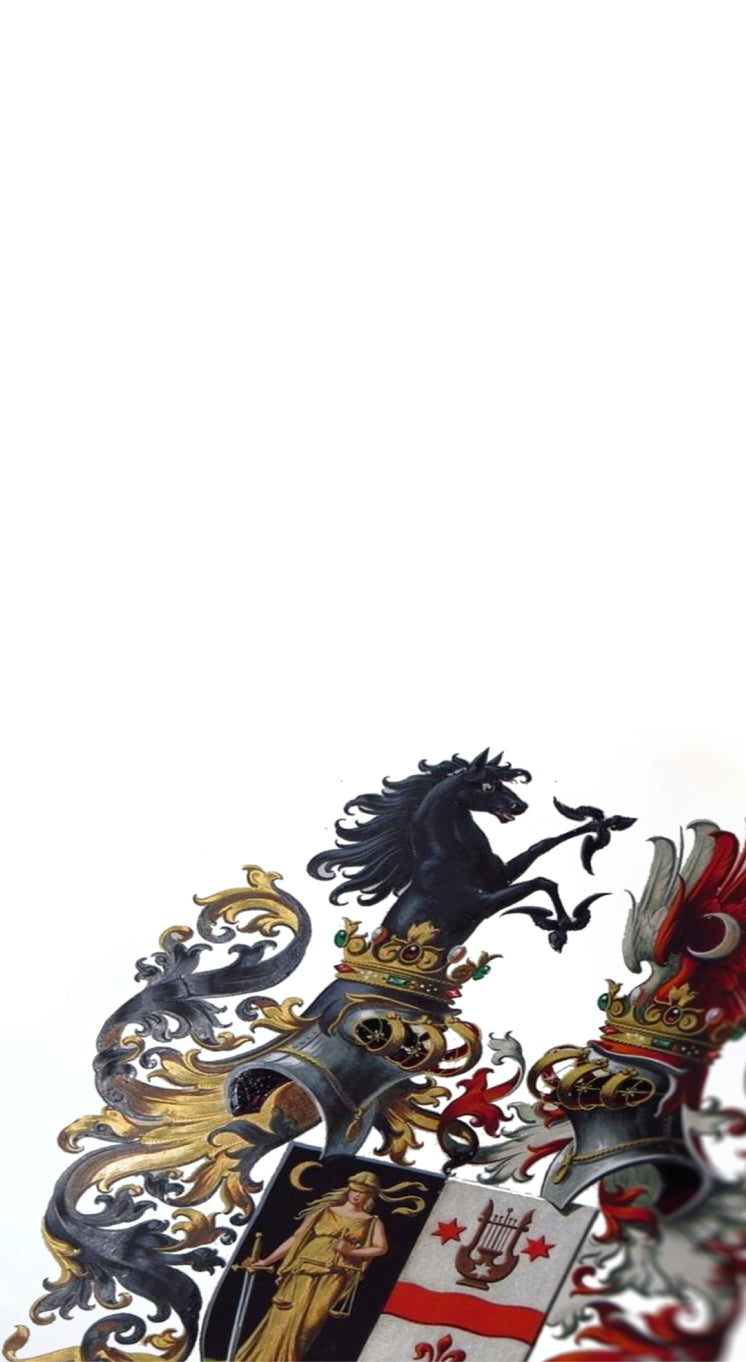The Medieval Church part 2
While bishops and priests worked among the people, guiding them toward God, another group chose a more secluded path. These men built monasteries, dedicating their lives to prayer, work, and worship.


While bishops and priests worked among the people, guiding them toward God, another group chose a more secluded path. These men built monasteries, dedicating their lives to prayer, work, and worship.

The period of prescription is the length of time that a family could prove their right to bear a particular Coat of Arms. This period varied according to the strictness of the particular Herald, but it was rarely less than 60 years or 2 generations at the time of the...
The period of prescription is the length of time that a family could prove their right to bear a particular Coat of Arms. This period varied according to the strictness of the particular Herald, but it was rarely less than 60 years or 2 generations at the time of the...

There is considerable evidence in the Visitations of Rutland as to how reasonable the Heralds were in dealing with persons who had some claim to gentility. The Busbys of Barlithorpe used arms which had been described and entered in the Visitation in 1618. they are entered again in the Visitation...
There is considerable evidence in the Visitations of Rutland as to how reasonable the Heralds were in dealing with persons who had some claim to gentility. The Busbys of Barlithorpe used arms which had been described and entered in the Visitation in 1618. they are entered again in the Visitation...

In some of the early Visitation records the narrative form of pedigree is used, but this soon gave way to the more familiar tabular style. In the Visitations of Berkshire, that of 1623 contains tabular pedigrees, but the earlier Visitations of 1532 and 1566 give the pedigrees in narrative form....
In some of the early Visitation records the narrative form of pedigree is used, but this soon gave way to the more familiar tabular style. In the Visitations of Berkshire, that of 1623 contains tabular pedigrees, but the earlier Visitations of 1532 and 1566 give the pedigrees in narrative form....

In the period of the Visitations from 1530 to 1688 the visiting Herald upon arriving in the county would take up residence at the home of the principal gentleman of the area. His presence was proclaimed to the locals and all local gentry were requested or required to come to...
In the period of the Visitations from 1530 to 1688 the visiting Herald upon arriving in the county would take up residence at the home of the principal gentleman of the area. His presence was proclaimed to the locals and all local gentry were requested or required to come to...

With the creation of the College of Arms and it’s consolidation in London under the eye of successive monarchs, the college went from strength to strength. It was from this strengthened and revived College of Arms that the Heralds went out to hold the Heralds’ Visitations in the 16th and...
With the creation of the College of Arms and it’s consolidation in London under the eye of successive monarchs, the college went from strength to strength. It was from this strengthened and revived College of Arms that the Heralds went out to hold the Heralds’ Visitations in the 16th and...

A Pursuivant, or more correctly a pursuivant of arms, is a junior officer of arms. Most pursuivants are a attached to the official heraldic authorities.There are four Pursuivants; Rouge Croix, Blue Mantle, Rouge Dragon and Portcullis. Of the four Pursuivants, Rouge Croix probably derives his title from the red cross...
A Pursuivant, or more correctly a pursuivant of arms, is a junior officer of arms. Most pursuivants are a attached to the official heraldic authorities.There are four Pursuivants; Rouge Croix, Blue Mantle, Rouge Dragon and Portcullis. Of the four Pursuivants, Rouge Croix probably derives his title from the red cross...



